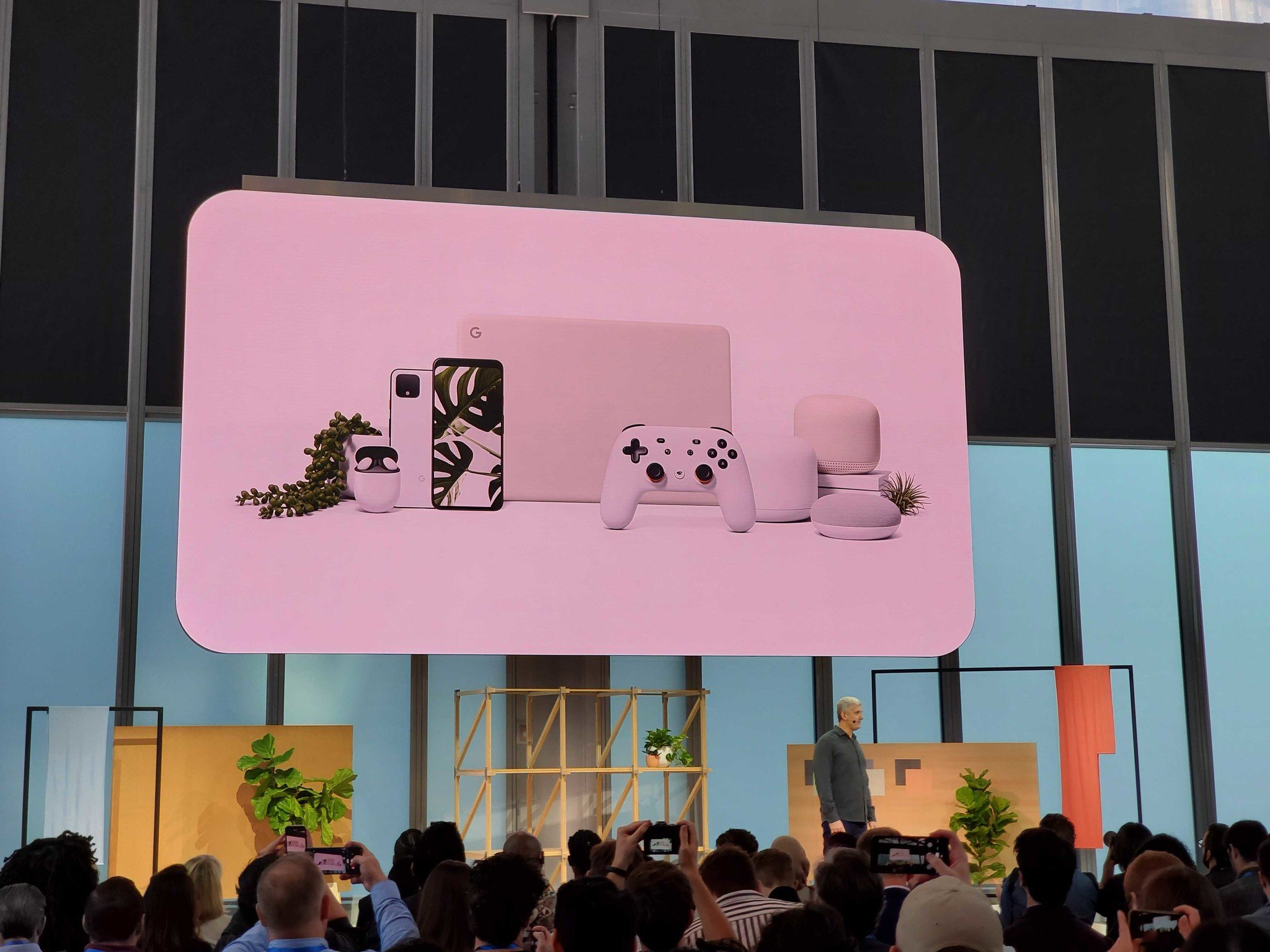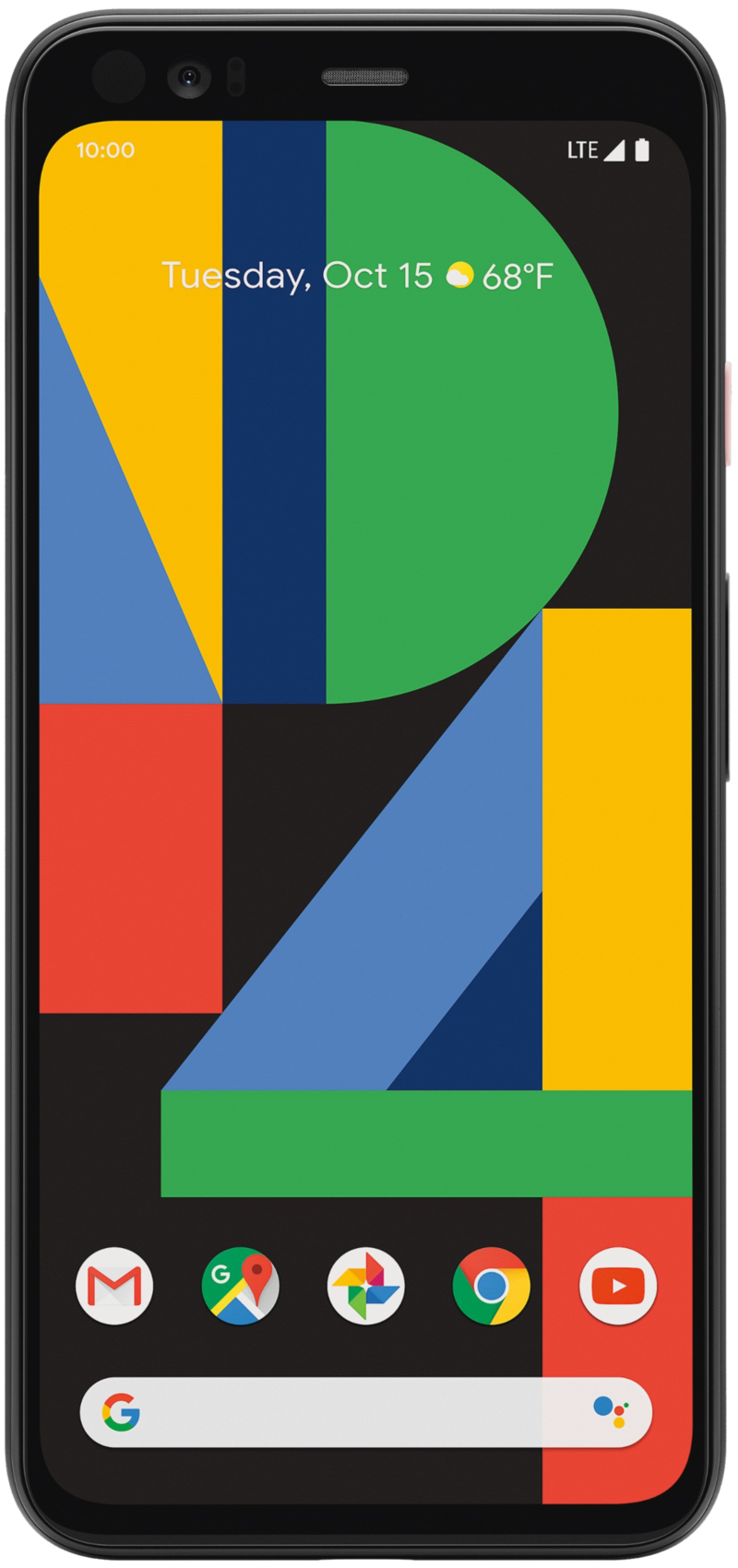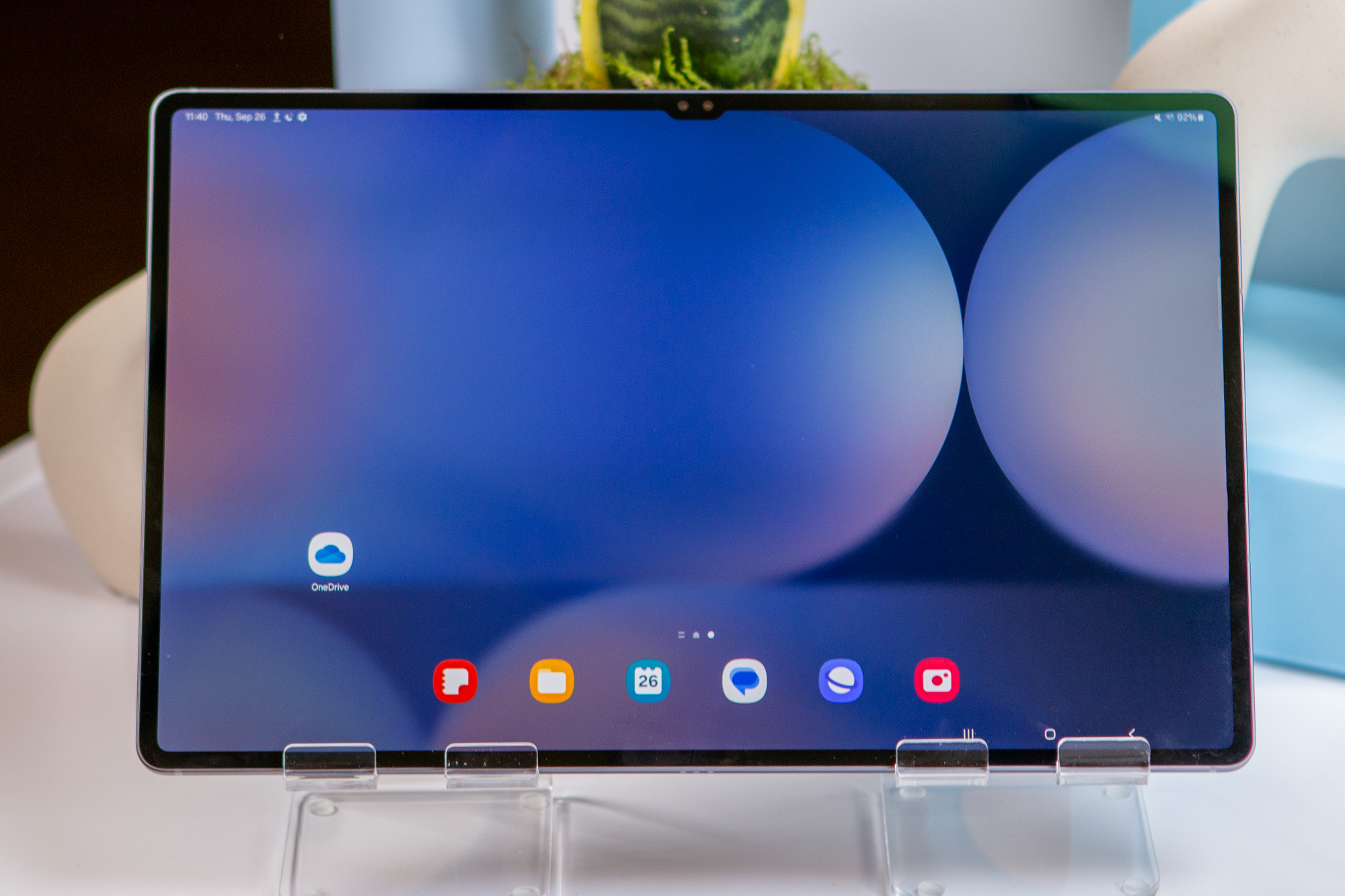For better or worse, Google is more focused on ambient computing than hardware sales

At the Google I/O 2019 keynote event, CEO Sundar Pichai explained Google's mission when it comes to hardware products by saying "They all share a single goal: to be helpful, so we can be there for you big and small over the course of your day." At the Made by Google 2019 Event, Google Senior Vice President of Devices and Services Rick Osterloh echoed this sentiment. Google calls this idea ambient computing and it means Google wants to be in your life all of the time, whenever you need it, in a way that feels natural.
The Pixel 4 doesn't have to be the best overall as long as its the best way to check your Gmail.
Now that we've seen the hardware Google is offering, we can get a better idea of how hard Google is pushing towards this singular goal. Everything Google showed us at the event is designed to let the company's services be there any time, any place. Forget ideas like phones with RADAR or Chromebooks with ribbed undersides because these are just ways to deliver more Google in better ways.
More: Motion Sense on the Pixel 4: How it works and what it can do
This isn't exactly a new look from a giant tech company. Apple, Microsoft, Amazon, and Facebook are all trying to do the same thing with varying degrees of success. The days of making all the money from hardware or software sales are over (though those days were smashingly great for Apple and Microsoft) because rising prices are a concern and how consumers buy and use things have changed. Even Apple, long the king when it comes to the hardware sales-first profit model, is now offering things like gaming and movie subscription services. The future of tech is now in services and making it easy for you to have access to them.
Google has a huge advantage here. It started as a services company with its search engine, and almost all of the products it has announced since have cloud-based services. Even the ones we don't think of as being tied to Google's cloud really are. It's easy to see how Assistant leverages Google's cloud in ways that make you want to use it over other similar products, but even the Pixel 4's camera is deeply tied to the cloud through both algorithms that drive its computational photography ways and automatic uploading and sharing through Google Photos.
Other companies are way behind when it comes to ambient computing. Some, like Facebook or Amazon because they lack one very vital component: the smartphone. Others like, Apple or Microsoft because they failed to see a future where services and 24/7 access to them were more important than great hardware or software. In 2019 and beyond, a company needs to have the services and access in place and then offer a method to use them no matter the circumstances. A company doesn't have to be the best in any category to win this race — it only needs to be proficient at the right things.
Google was born in the cloud and has a leg up when it comes to ambient computing.
That's where Google is in 2019. The hardware we saw doesn't have to be the best available, nor do the company's services like Gmail, Google Docs, or Google Calendar need to be the best out there. What's important to Google is that the Pixel 4 or the Pixelbook Go are the best ways to access those services. It's an interesting business model to watch, and sometimes tight integration of services gets Google in a bit of trouble, but expect to see it continue as new hardware and new services are offered in 2020 and beyond.
Be an expert in 5 minutes
Get the latest news from Android Central, your trusted companion in the world of Android

Jerry is an amateur woodworker and struggling shade tree mechanic. There's nothing he can't take apart, but many things he can't reassemble. You'll find him writing and speaking his loud opinion on Android Central and occasionally on Threads.

